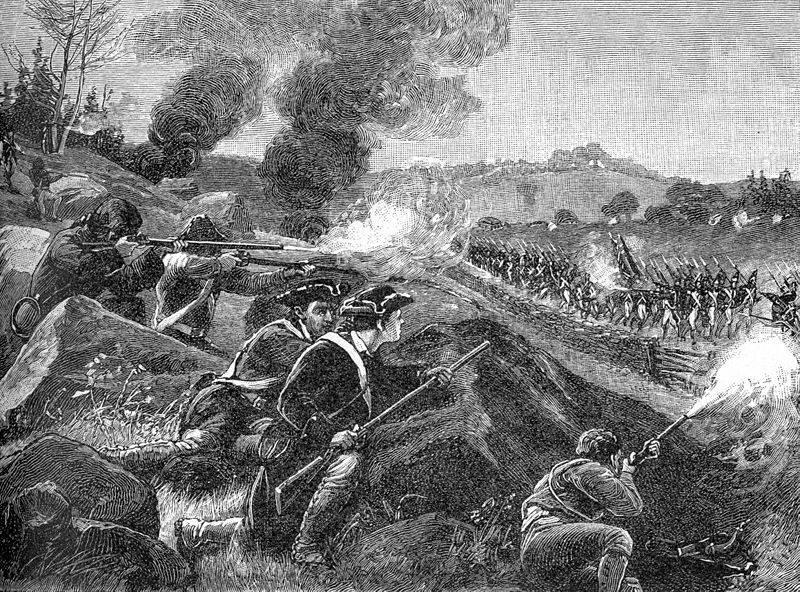
North Carolina’s inhabitants boast a rich heritage of defiance. Many are aware that the state proclaimed its sovereignty on two occasions, once in 1776 and again in 1861. However, it might come as a revelation that a segment of North Carolina’s population asserted their independence as early as 1775. Intriguingly, this initial act of secession is commemorated on the state’s flag, which proudly displays the date May 20, 1775.
Dive into the narrative of the Mecklenburg Declaration of Independence.
This declaration emerged from Mecklenburg County, North Carolina, where local citizens crafted a resolution for their delegates at the Continental Congress. It boldly proclaimed their detachment from Great Britain, marking a significant stance.
Until then, many American Colonists voiced their grievances against the British Parliament’s tyrannical acts, yet still identified as British subjects. Actions like the Boston Tea Party were seen as civil protests, undertaken by individuals not yet ready to see themselves as insurgents.
However, the British had a lengthy legacy of insurrection, a tradition early Americans were no strangers to, fighting valiantly for their freedoms. This spirit of independence wasn’t new to many who had arrived on the continent, including those from Ireland.
Particularly, the residents of Mecklenburg, North Carolina, with their ancestry deeply rooted in Scotland and Ireland, were known for their spirited nature. Let’s explore the backdrop to this declaration.
On the early morning of April 19th, 1775, British forces aimed for Massachusetts, targeting Lexington to apprehend Colonial leaders Sam Adams and John Hancock, and Concord to confiscate gunpowder. However, the Colonists were well-prepared. Swift riders like Paul Revere, William Dawes, and Samuel Prescott sounded the alarm.
Thus, in Lexington, about 70 Minutemen stood ready against 240 British Redcoats in a groundbreaking confrontation, signaling the readiness of armed men to challenge the might of the Crown.
The face-off began, both sides wary, no one sure what would happen. Suddenly a shot was fired, “The shot heard round the world,” the shot that now is legendary. Ralph Waldo Emerson later wrote the poem Concord Hymn, which begins with these words:
By the rude bridge that arched the flood
Their flag to April’s breeze unfurled
Here once the embattled farmers stood
And fired the shot heard round the world.
The Redcoats won that skirmish and continued on. Meanwhile, American militias had gathered in Concord, and things there turned out differently. By the time the next series of battles were over the British losses were 73 killed, 174 wounded, and 26 missing. Lord Percy, who had led the British back to Boston after the Concord defeat, later reported on the events to London, and included this statement:
“Whoever looks upon them as an irregular mob will be much mistaken.”
The first American rebels had made their mark.
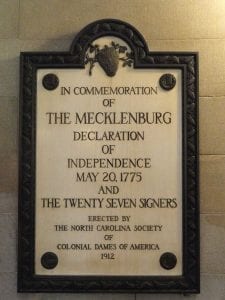 The next month the elected representatives of Mecklenburg County were meeting at the courthouse in Charlotte, to discuss the tensions with the British government. That same day an express rider arrived with news of the battles of Lexington and Concord. Hearing that British soldiers had fired on and killed fellow British citizens, discussions grew intense. Resolutions were composed which we now know as the Mecklenburg Declaration of Independence. It was to be sent to the North Carolina representatives at the Continental Congress, declaring that they had separated themselves from Britain: the first North Carolina secession.
The next month the elected representatives of Mecklenburg County were meeting at the courthouse in Charlotte, to discuss the tensions with the British government. That same day an express rider arrived with news of the battles of Lexington and Concord. Hearing that British soldiers had fired on and killed fellow British citizens, discussions grew intense. Resolutions were composed which we now know as the Mecklenburg Declaration of Independence. It was to be sent to the North Carolina representatives at the Continental Congress, declaring that they had separated themselves from Britain: the first North Carolina secession.
The citizens of Mecklenburg stated that Great Britain had “wantonly trampled on our rights and liberties and inhumanly shed the innocent blood of American patriots at Lexington” and that we “dissolve the political bands which have connected us to the Mother country” and declare ourselves “a free and independent people.”
North Carolina still honors these early Americans, men and women whom many feel may have been the first to declare their independence from Great Britain.

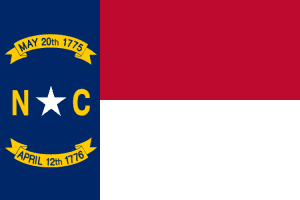

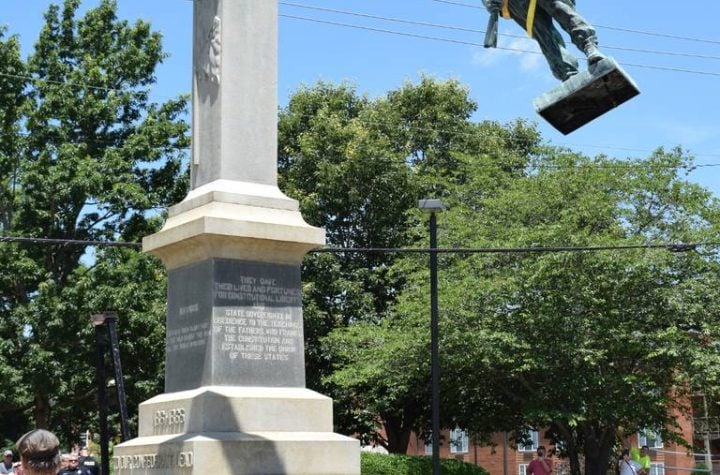
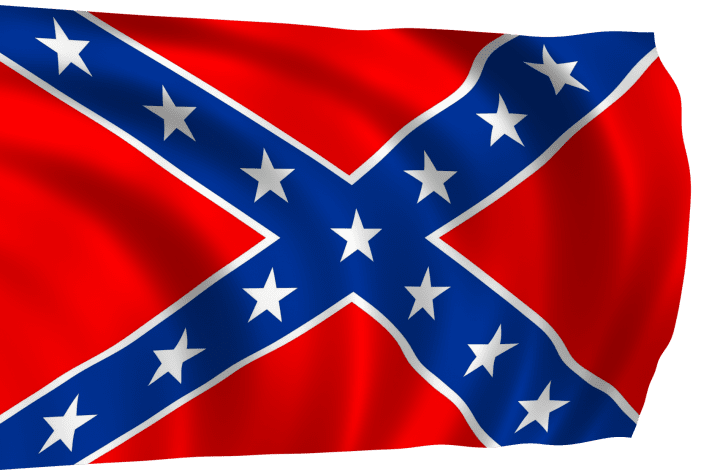
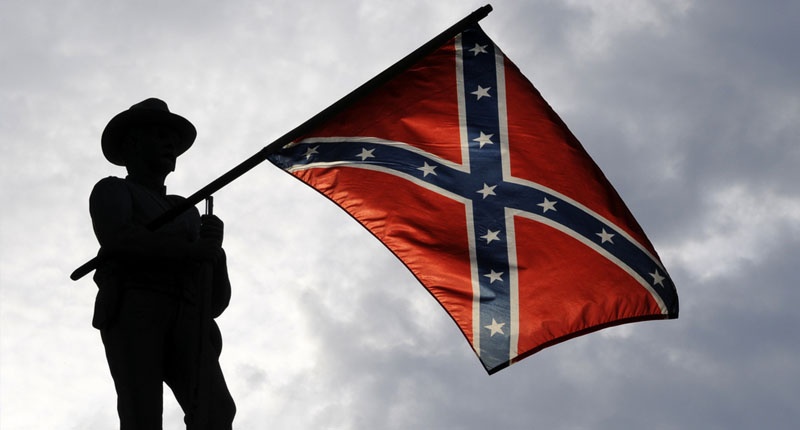
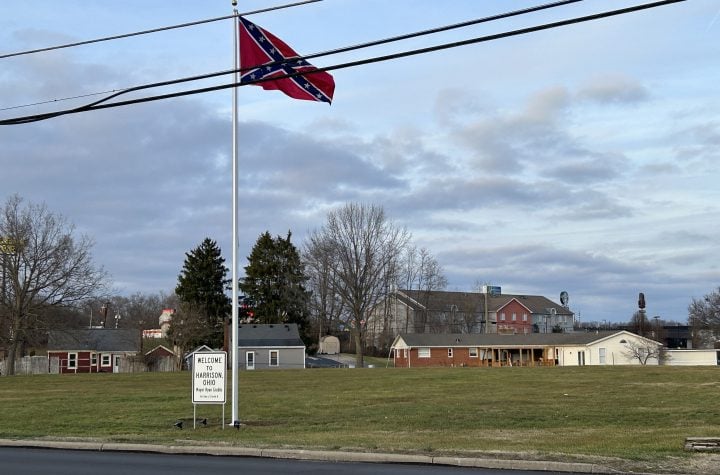
They were part of the 300,000 white slaves that England force here over 1605-1776. Heck, yes we are mad. We will not be enslaved again.
The civil war was about cotton. The north wanted to control cotton.